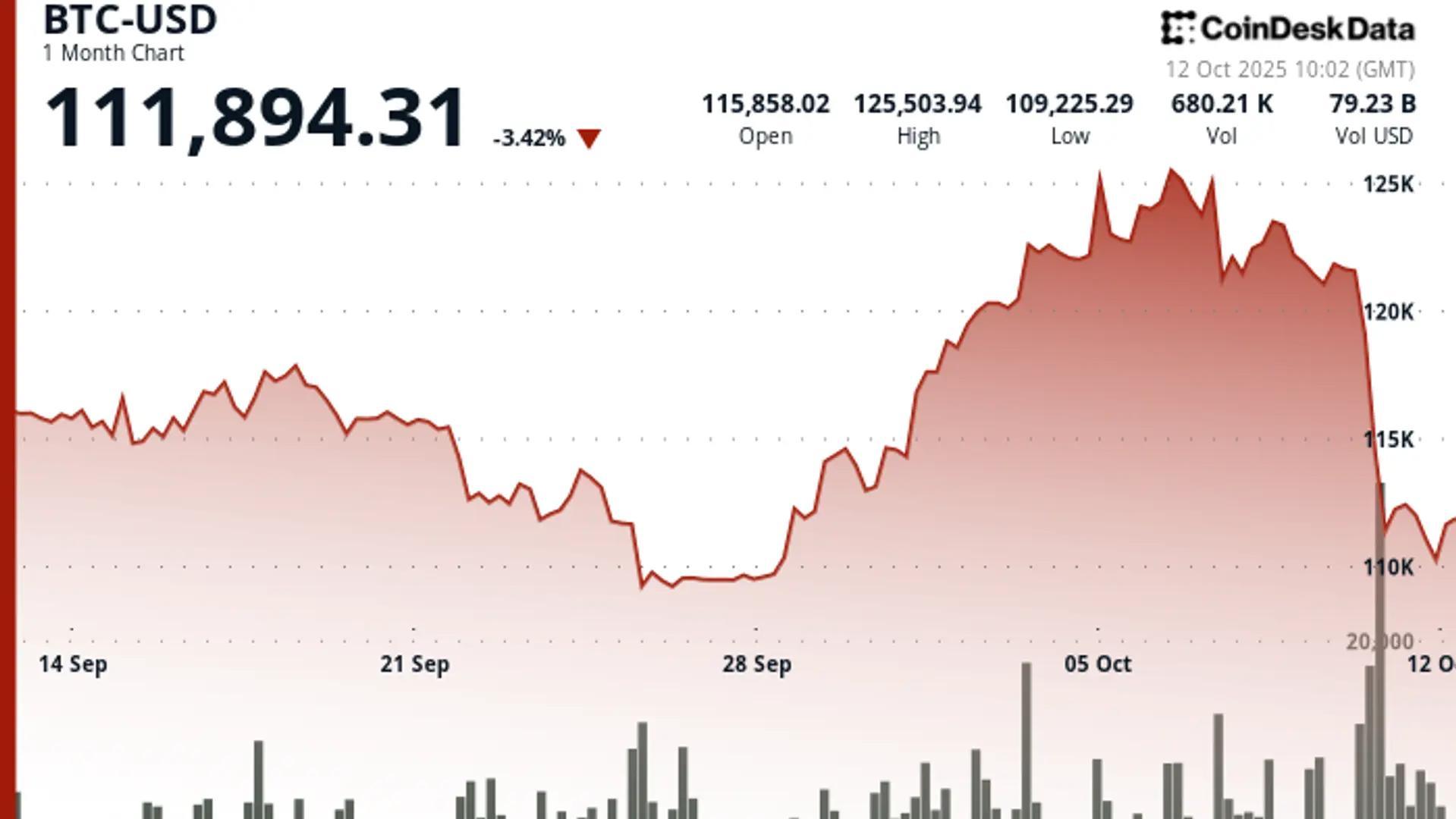China’s Ministry of Commerce (MOFCOM) says its new rare earth export controls constitute legal national security measures – not blanket bans – and that licenses will be issued for eligible civilian trade, according to a spokesperson’s Q&A released Sunday morning local time.
Rare earths – a group of 17 elements used in permanent magnet motors in electric vehicles (EVs) and wind turbines, defense electronics and other high-tech equipment – occupy an outsized role in supply chains as China dominates the sector.
Beijing accounts for about 70% of global production and about 90% of processing and refining; licensing changes can therefore ripple downstream, even when mining or final manufacturing takes place elsewhere.
In remarks released only hours ago, the MOFCOM spokesperson cast the Oct. 9 action — taken with the General Administration of Customs — as part of a longer effort to “refine” China’s export control system in line with domestic law and nonproliferation obligations.
The spokesperson discussed the military importance of medium and heavy rare earths and said partners were informed in advance through bilateral dialogue mechanisms on export controls.
Implementation, the ministry said, will depend on authorization rather than prohibition.
Reviews will be carried out in accordance with the law, licenses will be granted where applications are eligible, and Beijing is “actively considering” facilitation measures – including possible general licenses and license exemptions – to promote legitimate trade.
The spokesperson also said China had assessed the effects of the measures in advance and expected the wider impact on the supply chain to be “very limited”. The message to commercial users was explicit: compliant civilian exports “can get approval.”
Responding to Washington – while leaving room for negotiations
MOFCOM also responded to President Donald Trump’s October 10 comments on Truth Social regarding an additional 100% tariff on Chinese imports (taking effect November 1, 2025) and future U.S. export controls on “critical software.”
The spokesperson called the U.S. position “double standards,” pointing to the breadth of U.S. control lists and de minimis rules as examples of Washington’s expansive approach.
At the same time, the ministry emphasized the process, saying China “does not want” a trade war but “is not afraid of it”, and calls for a return to established consultation channels to manage disputes on a reciprocal basis. The spokesperson said China would take “resolute measures” to protect its interests if the United States moves forward.
Separate comments criticized U.S. port fees set to take effect Oct. 14 on some China-linked ships.
MOFCOM described these fees as unilateral and inconsistent with WTO rules and bilateral agreements. China, the ministry said, will impose special port fees on ships linked to the United States as part of its domestic regulations – calling the measure a defensive countermeasure aimed at safeguarding the rights of Chinese companies and maintaining fair competition in shipping.
As of 9:15 UTC on Sunday, according to CoinDesk Data, bitcoin was trading around $111,271, down 0.5% over the past 24 hours and 10% from the intraday high of $123,641 on Thursday, October 9. The Crypto Fear & Greed Index read 24 – “Extreme Fear” – versus “Greed” a week ago, highlighting fragile sentiment.




